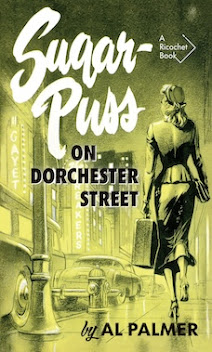
Joseph Quesnel died 200 years ago today. I expect the anniversary will pass unnoticed by the remnants of our daily newspapers. In the late 18th and early 19th centuries, Quesnel was the most accomplished dramatist and poet living and working in the Canadas. A businessman and militia officer, his life in the arts has been traced back to 1780, when he performed with several amateur theatrical companies. Nine years later Quesnel formed the Théâtre de Société, a venture he was forced to defend against attacks from the Church and the Gazette. His Colas et Collinette; ou le Bailli dupé debuted in 1790 as the first operetta written in North America. Other theatrical works followed, but it is his poetry that most deserves notice.

Little attention is paid to Quesnel these days, yet his name lives on, spread throughout British Columbia's Caribou District. The Quesnel Highland, the Quesnel River, Quesnel Lake, Quesnel Indian Reserve and, of course, the City of Quesnel, owe their names to son Jules-Maurice, who in 1808 explored the area with Simon Fraser.
















